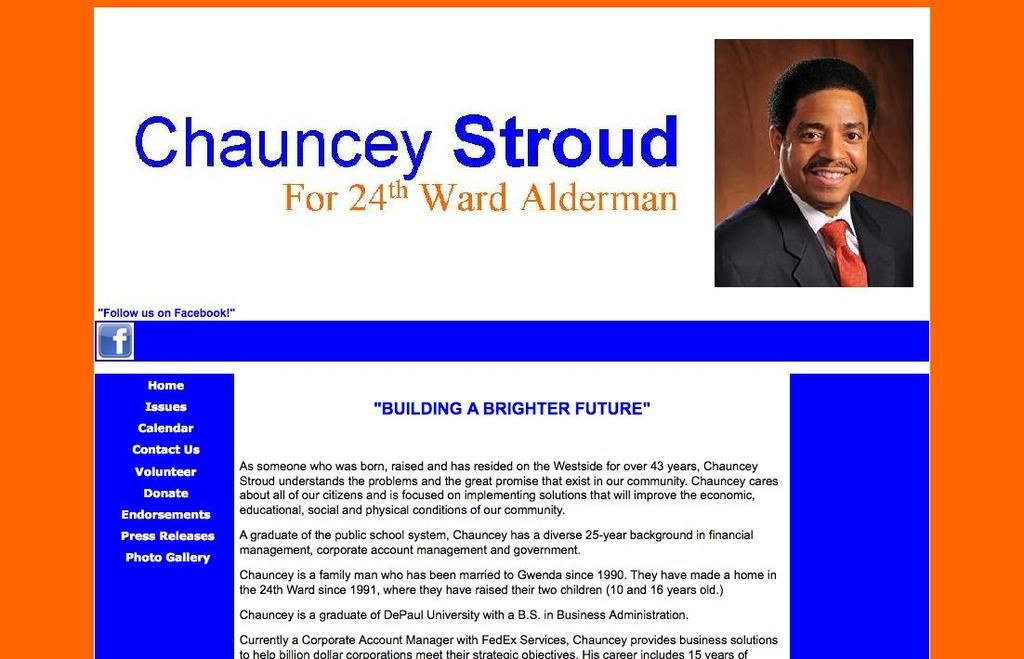Busting Bank Barriers: BGH Spells Out Time Limits for Challenging Illegitimate Service Charges
No Data Received on Scheme Application by Commission
In a recent decision, the Federal Court of Justice (BGH) has set the record straight on how long bank customers have to challenge unreasonable service fees. The three-year limitation period kicks in from the year the claim arises, regardless of when the customer learns about the invalidity of the corresponding provisions.
Banking institutions and savings banks have pushed the envelope with excessive fees for far too long. Following a landmark BGH decision four years ago, numerous customers successfully reclaimed their hard-earned money. The question then became, how long do customers have to fight back? That question has now been answered.
The BGH handed down its ruling based on a mass claim brought by the Federation of Consumer Organizations against the Berlin Savings Bank. The bank's terms and conditions included a so-called "implied consent" clause, implying that consumers agreed to changes in service charges if they failed to protest within a specific timeframe. Such clauses were prevalent in many banking institutions. In the BGH's view, such a practice is invalid. They argue that changes to a bank's terms and conditions become ineffective if thechanges are only effective due to presumed consent.
When to Press for Your Money: Claim Before Time Runs Out!
In light of the previous judgment, many bank clients were able to recover overpaid service charges. However, the question of when these claims became time-barred remained ambiguous. The Consumer Association sought legal recourse, asserting that the three-year limitation period should begin when consumers become aware of the clause's invalidity – at the very earliest, in 2021 when the BGH made its fundamental ruling.
The BGH did not concur. Consumers' knowledge of the clause's invalidity is not a prerequisite for starting the limitation period. Since there was never any legal uncertainty concerning the validity of these clauses, customers could have initiated legal action even before the BGH's groundbreaking ruling in 2021. What matters is the time when the claims arose.
Sources: ntv.de, awi/dpa
- Questionable Bank Fees
- Consumers' Rights
- Limitations on Claims
- Savings Banks
- Legal Action
- Federal Court of Justice
- Legal Precendents
The Community policy should address the limitations on claims related to questionable bank fees, especially in light of the Federal Court of Justice's precedent, which states that customers have three years from the year the claim arises to challenge unreasonable service charges, regardless of when they become aware of the clause's invalidity. Vocational training programs could be established within businesses and financial institutions to educate employees about fair business practices and consumer rights, ensuring compliance with community policies and avoiding future disputes.





